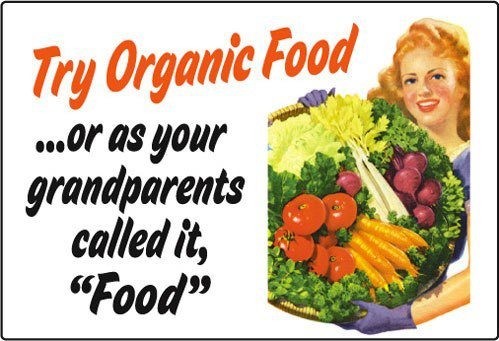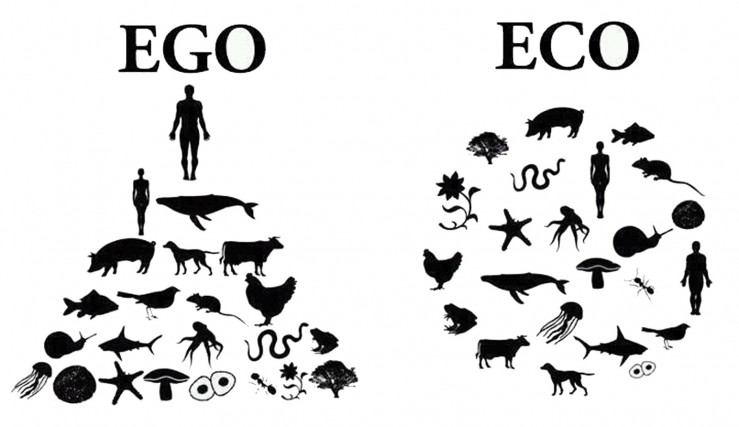Theoretically speaking
Newspaper seem to love publishing headlines like "Organic can not feed the world". Frequently these opinions are voiced by scientists. The reasoning will go something like this: "We need to feed more people in the future, so we need to produce more. In order to produce more, we must farm more intensively and use more biotechnology."
This line of reasoning is less logical than it sounds. Should "we" really feed the "world", shouldn't the world rather feed itself? Is hunger really a matter of production, or is it a matter of conflict and bad government? Does intensive farming really yield a higher production in the long run, if you count in the externalities?
We can safely restate the argument as follows:
"In the future more people worldwide must be able to feed themselves. Therefore we should take good care of the main source of our food: the earth's living ecosystems, especially the soil. Therefore we must produce organically."
For more insight and scientific arguments, see the other FAQ questions.





